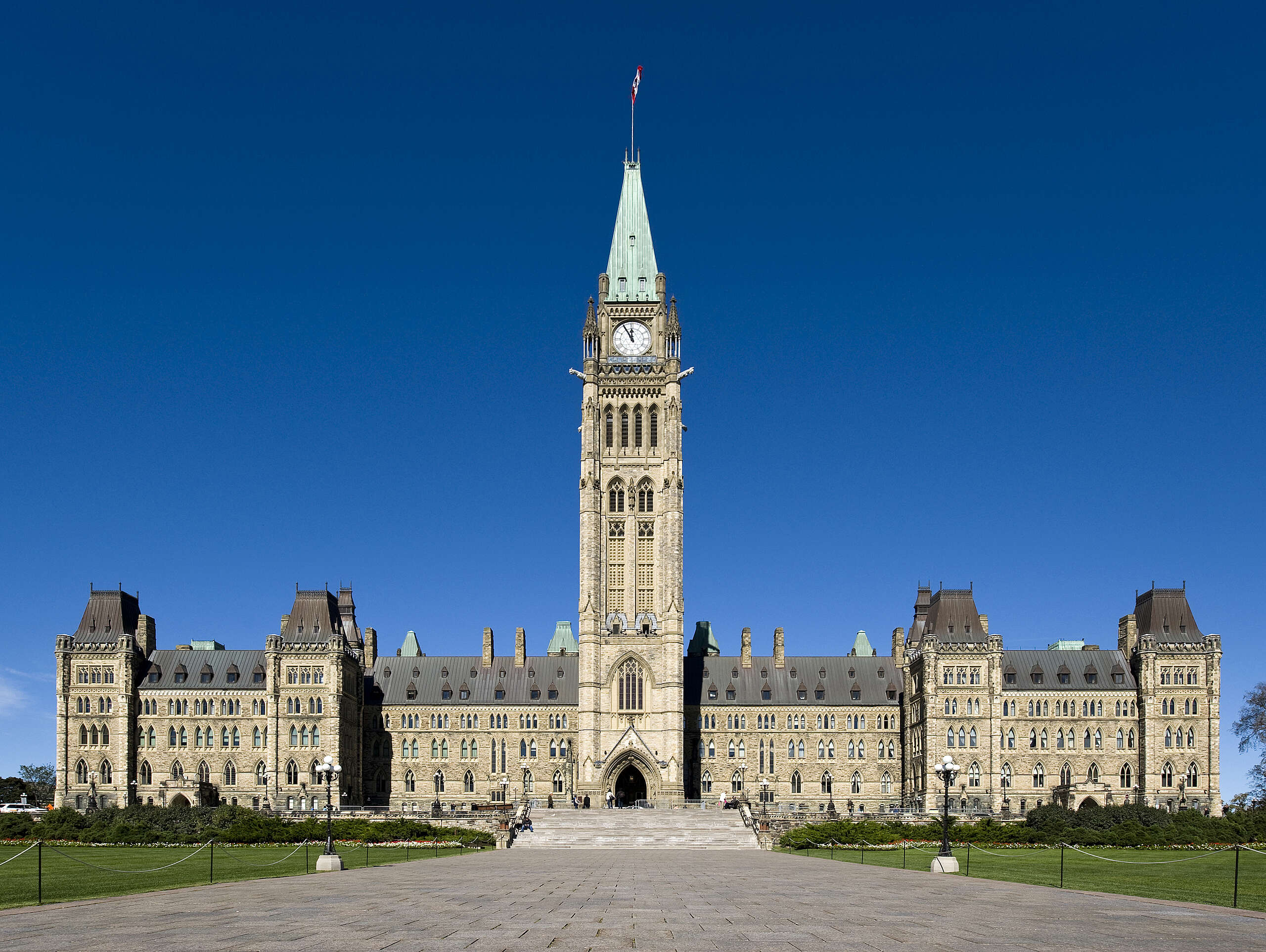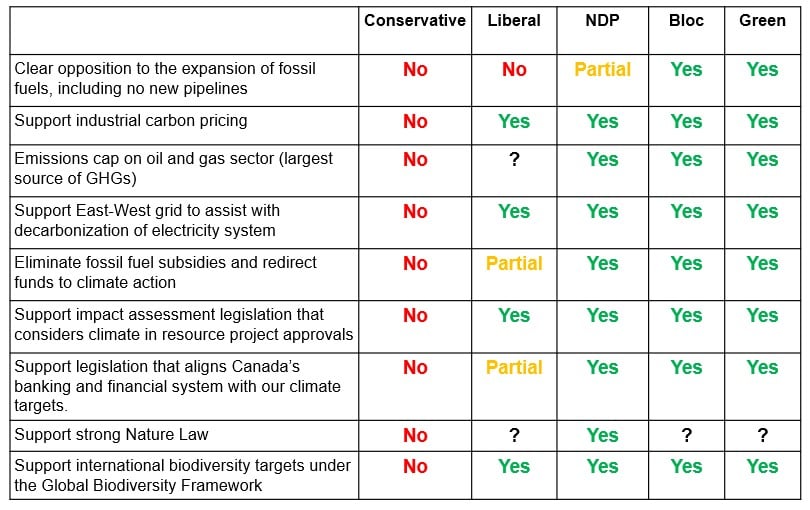Anyone with access to the internet will have at some point come across some form of content that speaks about the seemingly irreparable state of the climate. In fact, if you’re not someone who would already be exposed to such discourse, it can feel overwhelming and might even make you feel guilty.
Fret not! This is not that type of blog.
WHY MUST WE INVESTIGATE THE FOSSIL FUEL INDUSTRY NOW?
Greenpeace Canada recently launched a brand new investigation team that will focus on using research and facts to expose the misleading information relayed through the heavily funded public relation campaigns of the fossil fuel industry. This team has been hard at work and is prepared to start rolling out their findings in the near future.
But what separates this team from other Greenpeace teams? Why is it important for them to focus their energy on the fossil fuel industry? Why now? These questions and more will be answered in the first segment of our new blog series with Greenpeace Canada’s very own Keith Stewart. This blog will educate us on the importance of being intentional about exposing the fossil fuel industry’s greenwashing practices.
Keith Stewart is a senior energy strategist at Greenpeace Canada and has been teaching a course on energy policy at the University of Toronto for over a decade. He focuses mostly on policy research, advocacy, investigation, writing, and fact-checking. Keith has a lot of knowledge about the oil and gas industry and he has generously taken some time out of his schedule to break this all down for us.
LET’S GET SOME ANSWERS!
Olu: Why is it important for Greenpeace to invest in a team to investigate the fossil fuel industry? And why now?
Keith: For context, it is important to know that the oil and gas industry is one of the wealthiest and most powerful institutions in human history. They have more money than many governments and they have been fairly ruthless in using that money and power to shape politics and policies in their favor.
Olu: What is an example of them using or attempting to use this power and influence?
Keith: Beginning in the 70s & 80s, the oil industry were leaders in climate change science. Exxon has made some of the most cutting-edge research in terms of how fossil fuels were changing the climate. They also had scientific projections of temperature rise, which were still among the best in the world. Then in the 1990s, they went from researching the problem to launching a decade-long campaign to undermine climate science as a way to prevent or delay action to reduce fossil fuel consumption.
Olu: So basically their research revealed that they were the problem so they started attacking the science?
Keith: Precisely. They understood that their product was causing irreparable harm and instead of changing their business plan, they actually hired some of the same public relations companies and scientists who had been working for the tobacco industry claiming that cigarettes don’t cause cancer.
Olu: That’s quite fascinating. Are they still in the business of refuting science and research?
Keith: Currently they’ve shifted from denying climate science because it’s too obvious and the science is pretty solid. We are also seeing the temperature rise and we can link it back to greenhouse gas emissions. The industries have now shifted to what researchers call “the discourse of delay.”
Olu: What exactly is the “discourse of delay”?
Keith: The discourse of delay is essentially offering up misleading narratives, creating a variety of arguments as to why we can’t take action now, starting conversations about why making a change is too expensive, engineering fear about doing too much too quickly and things of that nature in order to protect their market share within the energy sector.
Olu: How has this been working out for them?
Keith: Well they used to argue “you may not love us, but you need us” because fossil fuels powered the global economy. However, something that is relatively new is that we actually have viable alternatives to fossil fuels. Heat pumps heat and cool our homes. We have electric vehicles, wind, and solar power which are the cheapest forms of energy in the world, and other substitutes for fossil fuels. So now the fossil fuel companies are doubling down on delaying action to preserve their own profits.
Olu: What are the consequences of this doubling down?
Keith: This has enormous costs to human communities and ecosystems. They are essentially willing to destabilize the basis of civilization in order to make a few extra bucks. This is why we have to expose what they are up to, inform people of the consequences, help them make those connections, and reduce their political and social power to influence governments.
*Don’t worry… Keith and I will continue our conversation next time and we will discuss how the information will help bring down the harmful work of this industry.
Till then, keep fighting the power.



